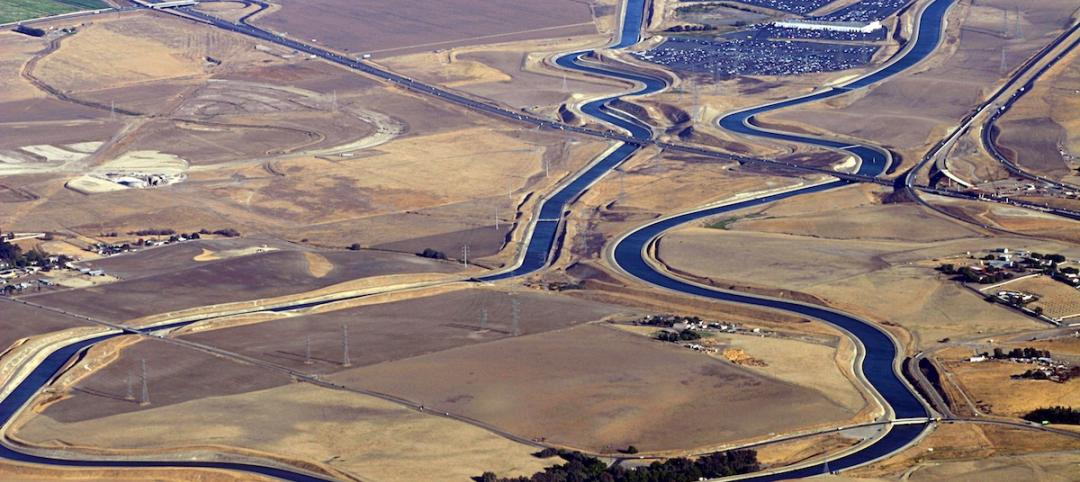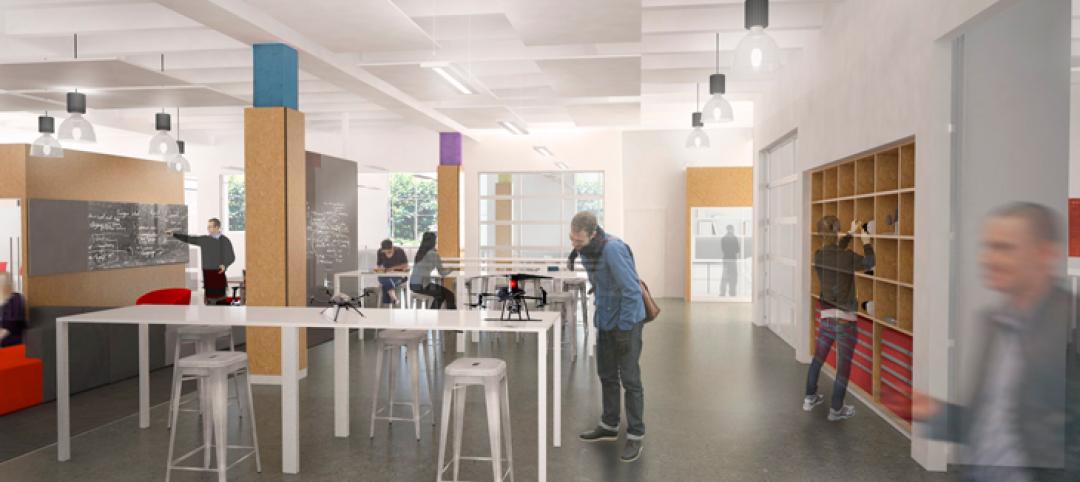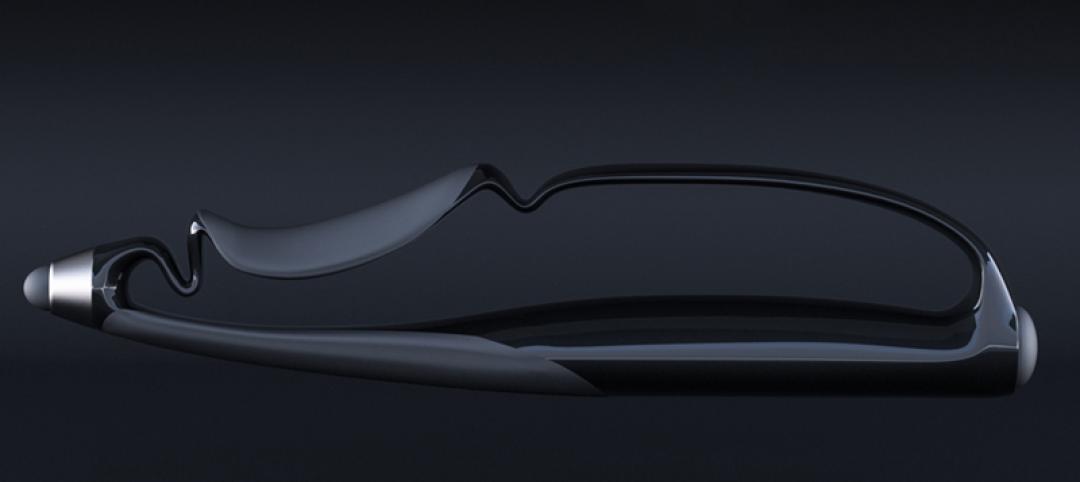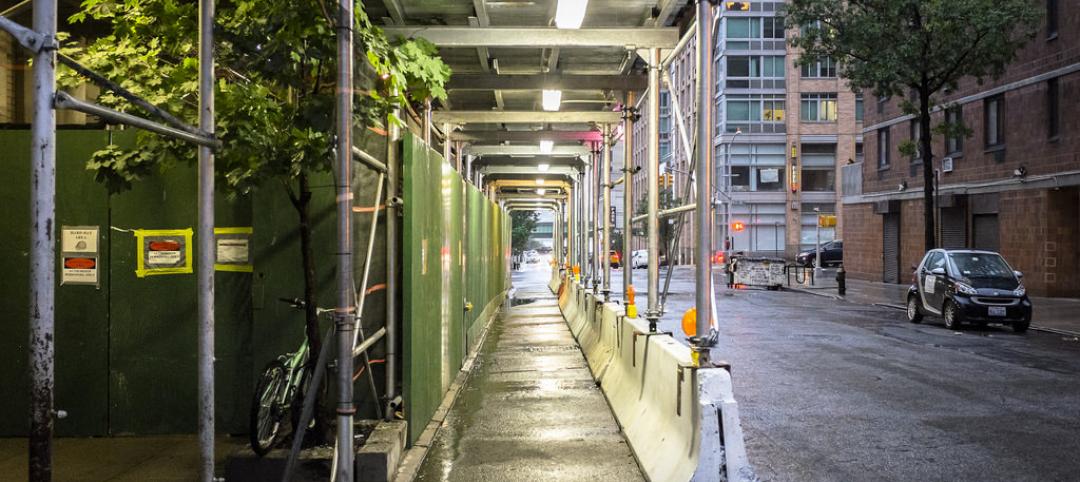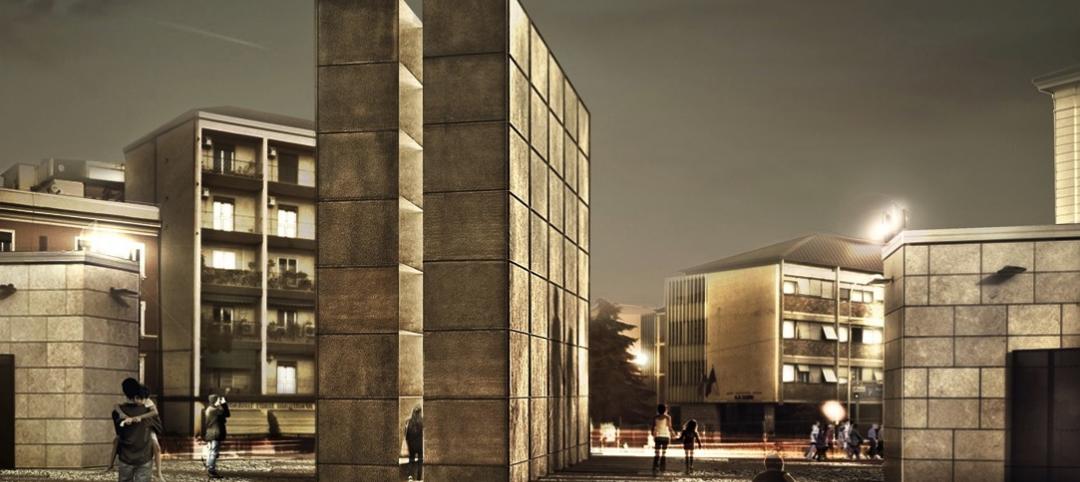Two prominent Atlanta-based design firms whose specialties include the hospitality sector are joining forces.
On Jan. 1, The Johnson Studio, which has been in business for more than 25 years and currently has 22 employees, will blend its operations into the Atlanta offices of Cooper Carry, a full-service architectural design firm founded in 1960, with offices in New York and Alexandria, Va., and an international portfolio.
Kevin Cantley, AIA, Carry Cooper’s CEO, says that his firm is one of the top three hotel designers in the country. As such, it has worked with myriad restaurant design firms, including The Johnson Group. “We are delighted to have them work alongside our talented hotel and retail team every day,” Cantley said about the merger.
Bill Johnson, AIA, Senior Principal and Founder of The Johnson Studio—whose first big restaurant design project was a Cheesecake Factory in Atlanta’s Buckhead neighborhood in the early 1990s—is staying on to lead the new business’s restaurant design practice. He will work with Cooper Carry’s seven Hospitality Studio principals.
The Johnson Studio will maintain its own brand. “This collaboration provides a platform for future services that we feel will be unparalleled,” said Johnson in a prepared statement.
According to its website, Cooper Carry has 11 specialty practices. Its services include architecture, interior design, landscape architecture, planning, sustainability consulting, and environmental graphics and wayfinding. The company emphasizes “environmentally responsible design,” as well as “connective architecture” that brings people and buildings within neighborhoods together.
Among its recent hotel design projects are the 1.1 million-sf Marriott Marquis Hotel in Washington, D.C., the 37,916-sf Sea Pines Plantation Golf Clubhouse in Hilton Head, S.C., and the 613,942-sf Hilton Cleveland Downtown.
Related Stories
Sports and Recreational Facilities | Jul 23, 2015
Japan announces new plan for Olympic Stadium
The country moves on from Zaha Hadid Architects, creators of the original stadium design scrapped last week.
Green | Jul 23, 2015
NASA: U.S. headed for worst droughts in a millennium
Data from NASA shows carbon emissions could be the driving force behind devastating water shortages and record droughts in the western U.S.
Airports | Jul 22, 2015
MUST SEE: JFK airport taps Gensler to design terminal for animals
Pets can enjoy luxurious spa and grooming services before being transported directly to their flight from the terminal.
Office Buildings | Jul 21, 2015
Finally! There's a workplace trend that’s worth embracing
There’s a realization by corporate real estate executives that in order to create a successful workplace, there must be alignment between their people, their place, and the tools they have to do their jobs.
University Buildings | Jul 21, 2015
Maker spaces: Designing places to test, break, and rebuild
Gensler's Kenneth Fisher and Keller Roughton highlight recent maker space projects at MIT and the University of Nebraska that provide just the right mix of equipment, tools, spaces, and disciplines to spark innovation.
Architects | Jul 21, 2015
Architecture Billings Index at highest mark since 2007
This is the first month in 2015 that all regions are reporting positive business conditions, said AIA Chief Economist Kermit Baker.
BIM and Information Technology | Jul 20, 2015
New stylus brings digital sketching to the next level
Without buttons, users can change the weight of the stylus’ stroke.
Architects | Jul 20, 2015
New York design competition looks to shed the sidewalk shed
New York, which has nearly 200 total miles of sidewalk sheds, is seeking a concept that is practical but that also looks good.
Cultural Facilities | Jul 19, 2015
SET Architects wins design competition for Holocaust Memorial
The design for the memorial in Bologna, Italy, is dominated by two large metal monolithic structures that represent the oppressive wooden bunks in concentration camps in Germany during World War II.
Sports and Recreational Facilities | Jul 17, 2015
Japan scraps Zaha Hadid's Tokyo Olympic Stadium project
The rising price tag was one of the downfalls of the 70-meter-tall, 290,000-sm stadium. In 2014, the cost of the project was 163 billion yen, but that rose to 252 billion yen this year.




